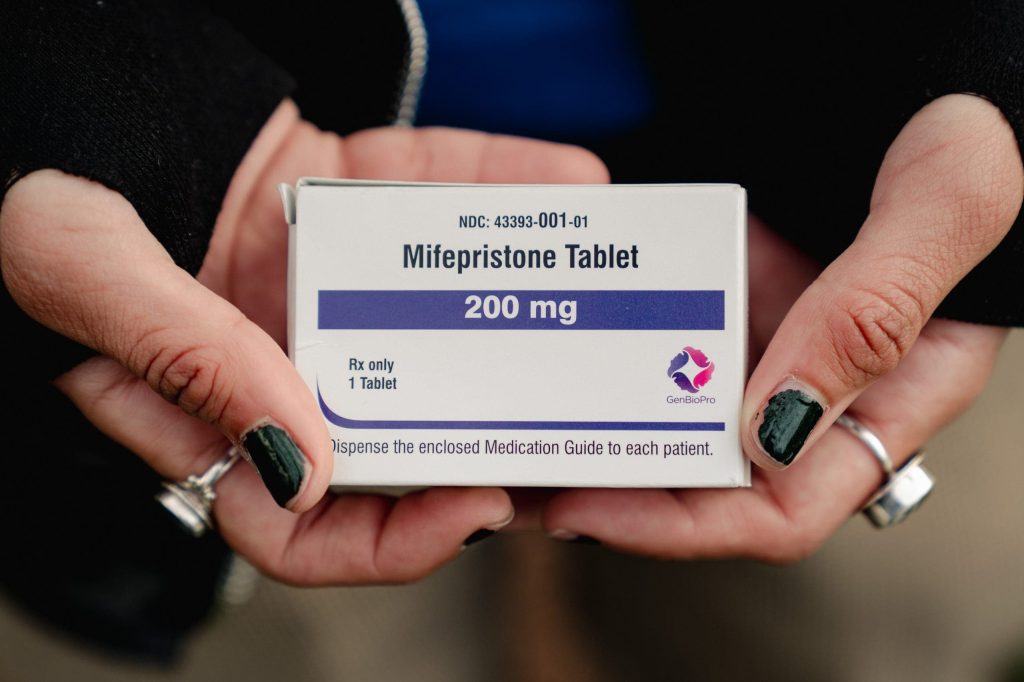The debate surrounding the abortion pill mifepristone centers on its safety, accessibility, and appropriate usage protocols. Pro-choice advocates, including lawmakers and medical professionals, maintain that the science unequivocally supports the drug’s safety and efficacy, advocating for its widespread availability with minimal restrictions. They point to its extensive use over several decades and numerous studies affirming its safety profile for both abortion and miscarriage management. Organizations like the American Medical Association and the American College of Obstetricians and Gynecologists endorse its use, and some Republican lawmakers have also expressed support for continued access. This stance emphasizes the importance of reproductive autonomy and access to evidence-based healthcare.
Conversely, pro-life organizations and medical professionals express concerns about the potential risks associated with mifepristone, particularly when used without adequate medical supervision. They highlight cases like those of Amber Thurman and Candi Miller, attributing their deaths to complications arising from the use of the abortion pill. They challenge the methodology of studies cited by pro-choice advocates, arguing that these studies often reflect idealized scenarios involving in-person visits and ultrasounds, which do not represent the current reality of widespread online access to the drug. This discrepancy, they argue, obscures the true incidence of complications arising from unsupervised use.
A central point of contention is the relaxation of restrictions on mifepristone dispensing over the years. Initially, the FDA mandated in-person dispensing, follow-up care, and limited gestational age for usage. These safeguards were gradually loosened, ultimately allowing for telehealth consultations and patient self-reporting of gestational age. Pro-life advocates argue that this deregulation has led to an increased risk of complications, particularly undiagnosed ectopic pregnancies, which can be life-threatening. They emphasize the difficulty in distinguishing between the symptoms of a normal miscarriage, an ectopic pregnancy, and medication side effects without proper medical evaluation, leading to potentially fatal delays in seeking appropriate care.
Pro-life physicians underscore the importance of in-person examinations and ultrasounds to accurately determine gestational age and rule out ectopic pregnancies before administering mifepristone. They cite a statistic from the FDA’s own label, stating that one in 25 women using mifepristone will experience complications requiring emergency room visits. This, they argue, demonstrates that the drug is not as safe as portrayed by pro-choice advocates. Furthermore, they contend that mifepristone’s effectiveness in treating miscarriages is not statistically significant and does not justify the relaxation of safety protocols. They maintain that in-person evaluations are essential for proper miscarriage management, regardless of whether mifepristone is used.
Pro-choice advocates counter these arguments by emphasizing the extensive safety data supporting mifepristone use. They cite millions of patients who have used the drug safely and effectively, arguing that the risks are minimal and manageable. They dismiss the concerns raised by pro-life advocates as being based on anecdotal evidence and a misrepresentation of scientific data. They further argue that restrictions on mifepristone access disproportionately affect marginalized communities and limit access to essential healthcare. They frame the debate as a matter of reproductive justice and bodily autonomy, stressing the importance of trusting individuals to make informed decisions about their healthcare in consultation with their physicians.
The core of the debate, therefore, lies in the interpretation of scientific evidence and the balance between access and safety. Pro-choice advocates prioritize access to what they consider a safe and essential medication, while pro-life advocates emphasize the potential risks associated with its unsupervised use. This disagreement reflects the broader ideological divide on abortion, with both sides presenting evidence and arguments to support their respective positions. The future of mifepristone access likely hinges on how these competing narratives are evaluated by policymakers and the courts. The debate highlights the ongoing tension between individual autonomy and public health concerns, a tension that continues to shape the landscape of reproductive healthcare in the United States.










